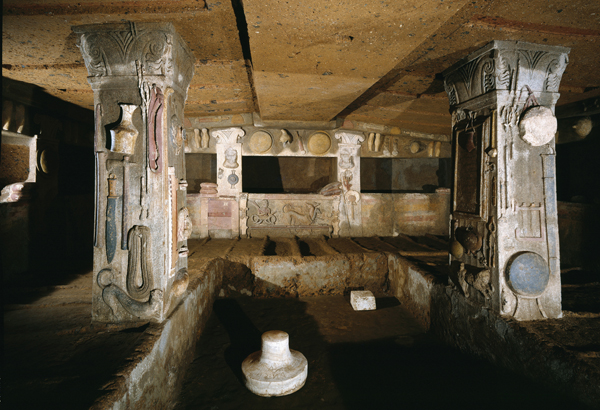Explain the conflict between the individual and the community in Sophocles' Antigone
What will be an ideal response?
Antigone deals with many issues: it explores the conflict between the rights of the individual and the laws of the state; between dedication to family and loyalty to community; between personal and political obligations; between female willpower and male authority; and, finally, between human and divine law. It reflects Sophocles' effort to reconcile human passions, the will of the gods, and the sovereignty of the polis.
The tragic action in Antigone springs from the irreconcilability of Antigone's personal idealism and Creon's hard-headed political realism. Creon means well by the state; he is committed to the exercise of justice under the law. But, he ignores the ancient imperatives of divine law and familial duty. His blind devotion to the state and his unwillingness to compromise trap him into making a decision whose consequences are disastrous.
But Antigone is also a victim of self-righteous inflexibility. In an age that confined women to the domestic household and expected them to conform to male opinion, Antigone threatened the status quo. Her heroism derives from her unswerving dedication to the ideals of divine justice and to the duty of the individual to honor family, even if it challenges the laws of the state.
Sophocles perceived the difficulties involved in reconciling public good and private conscience. In Antigone, he offers a moving plea for sound judgment and rational action, for harmony between the individual and the community.
 What is the name of the Etruscan tomb from Cerveteri?
What is the name of the Etruscan tomb from Cerveteri?